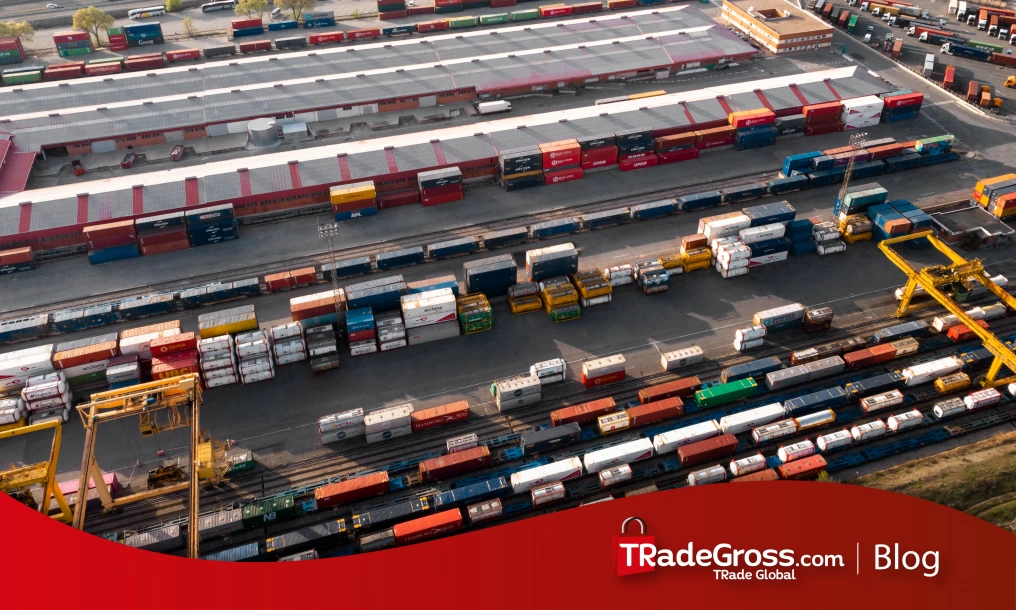
Important Feedbacks of 2023 Trades
Trade agreements put in place to provide greater trade volume between countries and create new opportunities for businesses play a key role in the global exchange of goods and services. Bilateral trade agreements are between two parties while multilateral agreements involve more than two states or countries. Cumulatively, these trade agreements help lower/eliminate tariffs, remove barriers to trade, and support economic growth.
The effects of positive/negative factors experienced in 2023 on the global market and the changes of these effects in developing economies continue to reveal new trends. On the other hand, exemplary micro-transactions that reduce costs in global trade directly affect the perspectives and goals of companies.
New German Supply Chain Law
According to Bloomberg, Germany ensures human rights and environmental detection in its supply chains, and companies now face high fines for failing to address harmful practices and abuse in their business operations or supply chains. The "Supply Chain Act" came into effect on January 1, 2023 and is applicable to companies with at least 3,000 employees; this number will be reduced to 1,000 employees in 2024.
The law also requires companies to conduct a rigorous risk analysis, management and documentation system "to ensure minimum standards in human and environmental rights, both locally and internationally," Bloomberg reported. The publication adds that France and the Netherlands also implemented similar measures in 2017, while the European Commission is working on a broader set of rules for the entire EU.
Three More EU Trade Trends to Watch
Three EU global trade trends for shippers to watch out for in 2023 include:
Global economic growth trade could slow in 2023. "While China will continue to increase demand for some commodities, this will be lower than in previous years and many consumer goods imports from China will not see a rapid recovery from 2022," the Economist said.
Trans-Atlantic trade links have come under pressure from green energy and industrial policy tensions, as well as the increasingly rigid US stance towards China. "US-EU coordination in trade policy will be more likely to increase in 2023," notes the Economist, "and the EU will continue to develop its own strategic autonomy." he adds.
With the EU at the forefront of this trend, climate change has also become an important factor in international trade policy. "However, even if Europe's energy diversification plans offer opportunities for some energy exporters in Asia, it will only worsen current hardships with the developing world," the Economist predicts.
Supply Chains and Technology
Reducing supply chain disruptions will provide some benefits for shippers engaged in global trade, as a positive trend. Less time to wait for container ships outside ports He spends. In most new models, carriers, less usable capacity and computable and "enough" stocks at the consumer level are expected to be used more. At the same time, there has been a significant drop in international ocean freight rates, and if shippers choose to take advantage of this reduction, it could help set a more normal level of global trade for 2023.
Simultaneously, the World Economic Forum (WEF) says technology continues to play an increasingly important role in the smooth functioning of global supply chains. He says the rapid development and adoption of digital technologies is "transforming the global economy and cross-border trade," and expects this trend to continue into 2023 and beyond.
